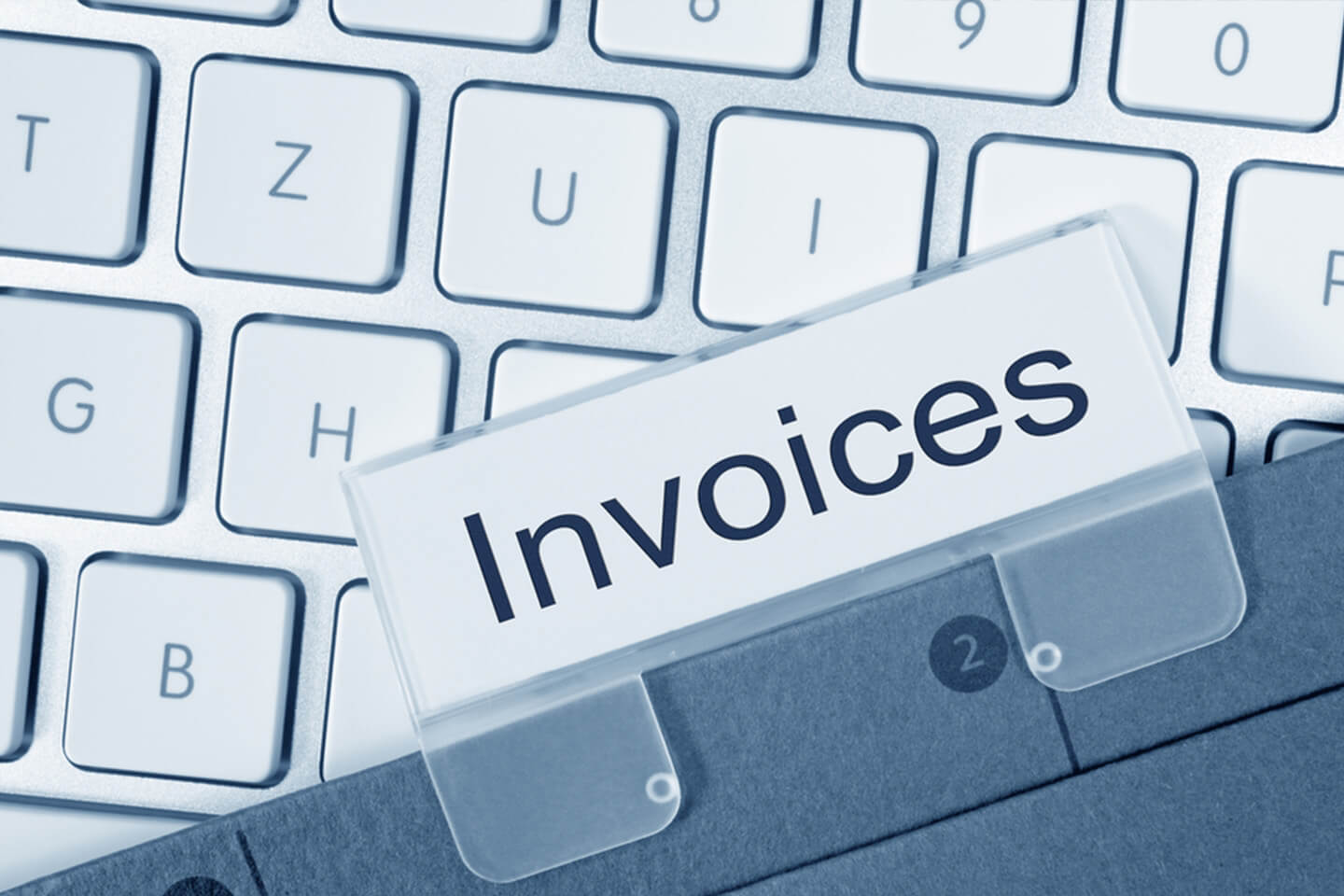3 Unexpected Benefits of Invoice Factoring
 Invoice factoring allows a company to sell its invoices for a lump sum payment. Instead of waiting for 30, 60 or 90 days to receive cash from a customer, it can get that money at any time it wants or needs to. This creates greater liquidity for an organization, and that can lead to a few benefits for your business that you may not have thought of otherwise.
Invoice factoring allows a company to sell its invoices for a lump sum payment. Instead of waiting for 30, 60 or 90 days to receive cash from a customer, it can get that money at any time it wants or needs to. This creates greater liquidity for an organization, and that can lead to a few benefits for your business that you may not have thought of otherwise.
1- Hire Top Quality Talent
If you run a new or small business, you may need to overpay to get the type of talent that you need. The same may be true if you operate your company from a small town or city that may not be desirable to up and coming people in your industry. However, with a factoring loan, you may have the money needed to provide whatever type of signing bonus or other perk that is needed to hire that person, according to Marathon Financial Factoring Services.
Having the best minds in the business can turn your company into one that banks want to lend to, others great people want to work for and customers want to buy from. If you are a publicly traded company, bringing an established talent into the fold could boost your stock price or inspire confidence that your business could be heading in the right direction.
2- Factoring Loans May Be Beneficial From a Tax Perspective
If you are simply looking for an advance from a factoring company, the money that you receive is generally not considered taxable. However, if you decide to sell the invoices to a factoring company, the money should be included as income. It is important to note that any fees or commissions charged by a lender can be fully deducted from your taxes.
While you may be able to take a factoring loan from a company that is based outside of the United States, this may raise the suspicions of the tax authorities. Therefore, it is best to stick with companies that are headquartered in the United States just in case you want to use a factoring loan to take a tax deduction.
Since you will generally receive less than the full value of the invoice after fees and interest are accounted for, there may be less income to report for a given year. For instance, if you had an invoice for $100,000, you would generally report $100,000 on a tax return.
However, if you received $80,000 from a factoring company, you would only need to report the $80,000. If you are a sole proprietor, this may put you in a lower state or federal tax bracket, which would help you save on personal income taxes.
3- You Don’t Have to Pay Debt Collectors
Once you sell your accounts receivable to the factoring company, it is on them to collect the money from your customers. Therefore, you don’t have to spend a lot of time making phone calls or sending letters to customers begging for them to make a payment. It should be noted that a factoring company will likely check the credit score of a customer before acquiring and paying for your existing debts.
This is ideal for those who may not feel comfortable about pursuing late debts or don’t know how to go about it without straining relationships. In the event that a customer doesn’t pay, a new or small company may not have the money to pay a lawyer and sue for the money that is owed. By selling to a factoring company, you are guaranteed to get a large portion of your accounts receivable in a short period of time.
Invoice factoring can be a great way for companies to get their money in a timely manner. This can then be used to pay bonuses to new employees or reduce their taxable income in a given year. In some cases, it may simply be a way to ensure that companies get the money that they are entitled to, which stabilizes cash flow and makes it more likely that the company can grow and thrive.

















